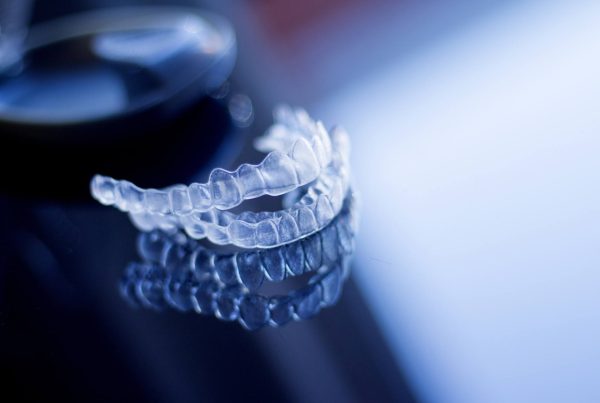It is very normal for a child to develop a natural sucking urge after breast or bottle feeding, as it can prolong feelings of comfort and security. In fact, it’s one of the most common habits developed in childhood.
Children may suck a dummy, their thumb or their fingers, usually from the age of three months and often stopping by the time their adult teeth begin to appear at 6 years old.
However, one in eight children between 7-11 years old will go on to adopt a prolonged digit sucking habit, which could lead to problems with the position of their teeth.
When does dummy or thumb sucking become a problem?
Compared to thumb sucking, dummies pose much less of a risk to teeth, as children typically stop sucking a dummy by age 7. However, it’s important to note that dummies are not recommended for children over a year old due to their effects on speech development and mouth structure.
If dummy use or thumb sucking continues beyond the age of 7, it can affect the position of the developing adult teeth, especially if your child is sucking for more than 6 hours a day/night. The risks of a prolonged sucking habit like this include:
- A gap between the upper and lower front teeth, known as an open bite. This gap can make biting and chewing more difficult.
- The upper teeth begin to stick out and form an overbite.
- The upper jaw narrows to form a crossbite, meaning the back teeth fail to meet in the correct position.
To fix these problems, children will require braces and other complex orthodontic work in the future.
How to stop dummy use
A dummy habit is easier to stop than a thumb sucking habit, and children who suck dummies are less likely to become digit suckers. However, parents should remember that the longer the habit continues, the harder it is to stop. The NHS recommends that you try to stop children using a dummy by the age of 10-12 months as this prevents speech and dental problems, and babies are much easier to wean off dummies than toddlers!
Some tips for getting rid of the dummy include:
- Gradually decrease the amount of time the child is allowed the dummy.
- Limit the dummy to specific times of day, such as bedtime.
- Let them know that not using a dummy is more grown up and point out older boys and girls that don’t use one.
- Reward them with fun activities and stickers – but never sweets!
How to stop thumb sucking
Thumb or finger sucking can be a tough habit to stop, especially as it requires your child to actually want to give it up. For this reason, it’s useful to help your child understand why their sucking habit is bad for them and to warn them about the treatments they may need in the future if they continue.
It also helps to bear in mind that thumb sucking provides a lot of comfort to the children that do it, so a gentle approach is often the most effective. Try to use encouragement and praise for their improvements rather than nagging, shaming or telling-off.
Some other things you can do to help your child stop sucking their thumb include:
- Using a reward chart.
- Using a plaster, bandage, bitter-tasting nail varnish or a glove to remind them not to suck or to prevent them from doing it.
- Ask your dentist about a thumb sucking appliance known as a ‘habit breaker’.
Get help from your dentist
Putting an end to thumb sucking isn’t easy, but our team at 543 are here to help you with plenty of advice, support and guidance. It’s important for your child’s future dental health that they stop their sucking habit as soon as possible, and keeping up with their regular check-ups ensures that potential problems are caught early on.
If your child’s teeth have already been affected by thumb sucking, your dentist will be able to advise on orthodontic treatments to fix the problem.
For professional advice on how to look after your oral health, call us on 01482 565488 to make an appointment with one of our experienced hygienists.




